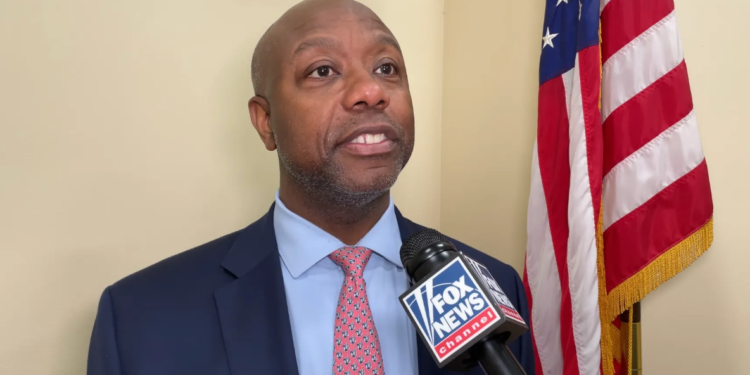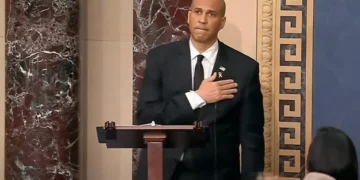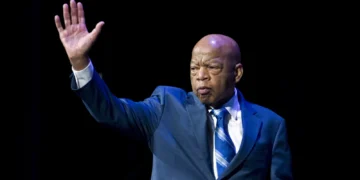Nov 21, 2024 Story by: Editor
Senator Tim Scott, representing South Carolina as a Republican, has been a prominent figure in the Senate since his initial election in 2013. With his next election scheduled for 2028, Scott continues to play a critical role in shaping policy as a ranking member of influential committees such as Banking, Housing and Urban Affairs, Finance, Foreign Relations, and Small Business and Entrepreneurship. His tenure reflects strong involvement in diverse areas of governance and policy development.
Between 2019 and 2024, Scott’s campaign committee, complemented by his leadership PAC Tomorrow Is Meaningful PAC, reported significant fundraising and expenditure figures. The campaign raised approximately $63.57 million and spent $62.06 million, leaving a cash reserve of $5.41 million as of the latest filing on September 30, 2024. Impressively, his campaign operates without any reported debt. Pro-Isreal PACs have given Scott 378,896 over his tenure as a U.S. Senator.
Key contributors to Scott’s campaign during this period included major financial institutions and corporations. Goldman Sachs topped the list with contributions totaling $174,975, most of which came from individual donors. Other notable contributors included Capital Group ($101,105), Johnson Development Associates ($91,481), Penn Mutual Life Insurance ($87,650), and Blackstone Group ($84,100). These contributions reflect his appeal among high-profile donors and corporate entities.
The largest source of funds by industry was retired individuals, contributing a substantial $18.46 million. This was followed by the securities and investment sector, which provided $3.13 million, and the real estate industry with $2.59 million. Republican and conservative groups contributed nearly $1.98 million, while lawyers and law firms added $1.15 million. These numbers highlight a broad spectrum of support spanning various industries and demographics.
Scott’s campaign heavily relies on individual contributions, which account for the majority of his funding. Large individual donations made up 53.48% of his total fundraising, amounting to $34.05 million, while small individual contributions of less than $200 represented 39.51%, equaling $25.16 million. PAC contributions accounted for 7.01% of the total, bringing in $4.46 million. The absence of candidate self-financing underscores his strong support base among donors rather than personal funding.
This financial structure reflects both grassroots enthusiasm and backing from significant financial players, demonstrating Scott’s influence and reach within political and financial circles. Source: OpenSecrets

















